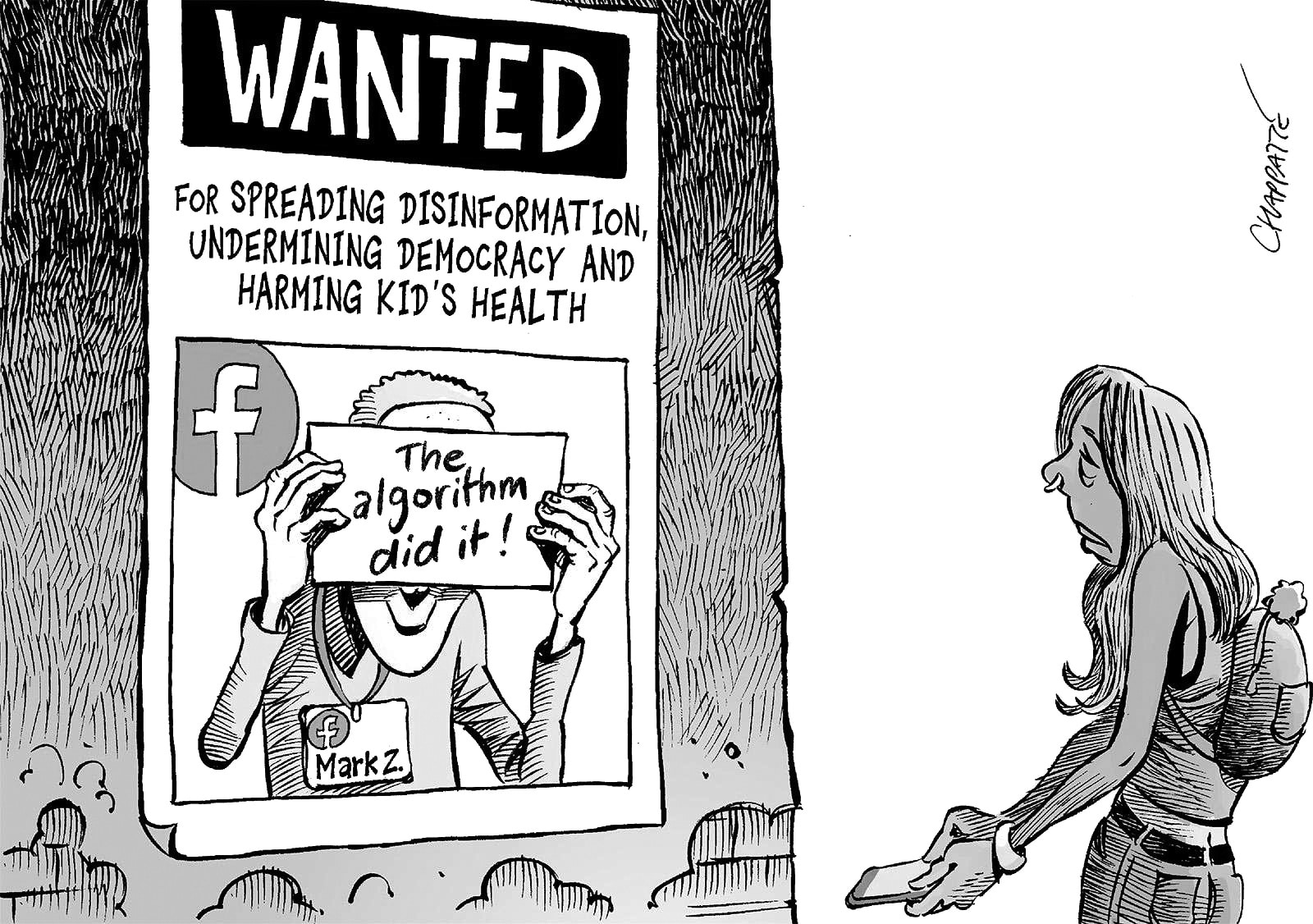Healthy digital public space
Enabling a safe digital
environment for public debate

Digital technologies have radically changed the public space, offering increased opportunities for information access, communication, and civic participation. However, existing digital platforms and emerging technologies also pose significant dangers to public debate.
One major concern is the proliferation of misinformation and harmful content, such as fake news, hate speech and harassment, which are intentionally spread to inflame tensions or silence opposing voices. While deliberate attempts to manipulate public opinion and disrupt public debate are by no means new, their ease and scope have been greatly amplified by the success of social media and the use of anonymous or fake accounts and bots.
Other threats come from the unintended consequences of the design and functioning of digital technologies and their broader ecosystem. These include the quest for virality, the creation of filter bubbles and echo chambers, and the collection of unprecedented amounts of personal data. Combined, these practices promote sensationalist and extremist content over trustworthy information, reinforce existing opinions by limiting exposure to alternative viewpoints, and opens the door to surveillance and censorship, as wells as increased propaganda and targeted political advertising to stifle public debate.
Additional risks arise from the significant advances in artificial intelligence and automated decision-making processes, which are expected to grow even more in the coming years. There is a particular concern that these technologies, based on highly complex algorithms that are lacking transparency about their design and operation, may suffer from invisible biases that could perpetuate the exclusion of traditionally marginalized communities by not giving them access to certain information or an equal platform to express their opinions and participate in public debate.
Without appropriate safeguards, these mutually reinforcing factors create a breeding ground for disinformation, conspiratorial thinking, extremist content, hate speech, discrimination, and violence in the digital sphere. As increasingly witnessed around the world, these thriving trends in turn pave the way for the rejection of fact-based dialogue, the fragmentation and polarization of opinions, and the exacerbation of social divisions, both in the online and offline worlds, ultimately undermining the very possibility of public debate and infringing on fundamental rights and freedoms.
Our approach
Addressing the threats posed by the digitization of the public space to secure a safe digital environment for public debate, requires a system approach at the grassroots and policy level. As such, the Foundation focuses on:
- Empowering civil society organizations to engage in the public and policy debate on the future of the digital ecosystem and emerging technologies;
- Strengthening governance, regulation, transparency, and accountability to ensure a healthier and safer digital sphere.
Our funding priorities
To enable a digital environment that respects fundamental rights and democratic principles and is conducive to inclusive and informed public debate, we prioritize support for civil society organizations and collaborative initiatives aiming to:
- Advance knowledge and understanding of the social impact of the digitization of the public sphere in order to develop concrete measures to counteract its negative effects.
- Build networks and coalitions, providing training, resources, peer exchange and learning, organizational support and collaboration opportunities for civil society organizations to effectively engage in shaping a healthier digital public space and strengthen their voice with other stakeholders.
- Policy and advocacy work for stronger governance and greater accountability in the digital realm.
- Support strategic litigation efforts to bring about legislative or policy change to better protect fundamental rights in the digital world.
Discover our other programs:



